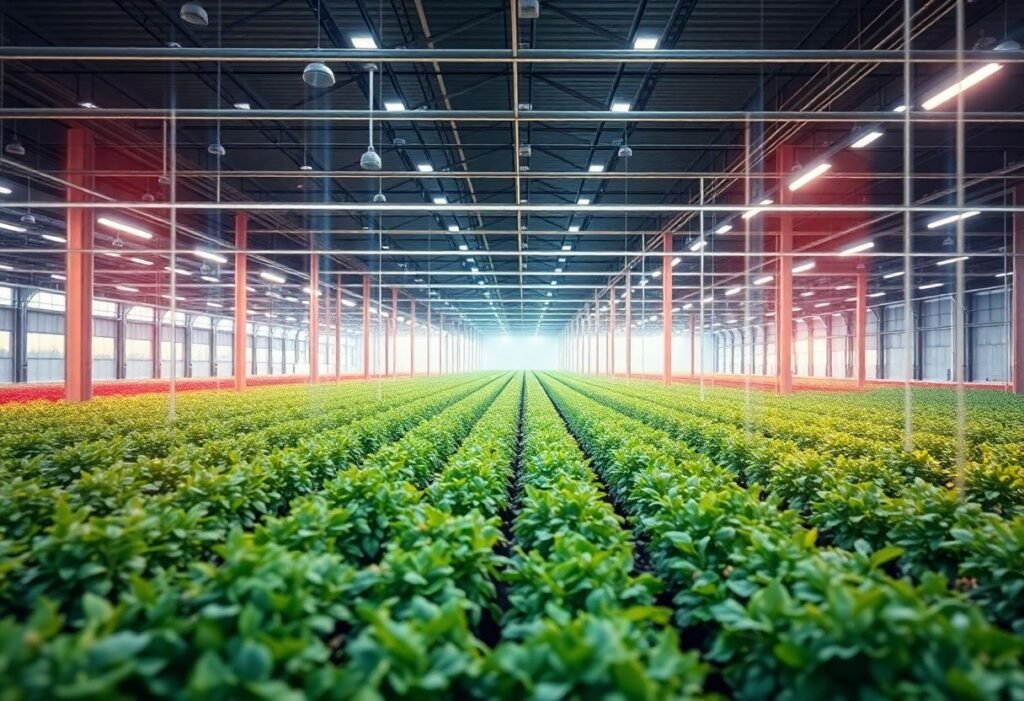The future of biotechnological innovations in agriculture is a promising landscape, merging science with sustainable practices to enhance food security and environmental health.
Advancements in Genetic Engineering for Agriculture
Genetic engineering has revolutionized agricultural practices by introducing crops that are more resistant to diseases and adverse environmental conditions. With the ability to enhance crop yield and nutritional content, biotech crops have become essential in feeding a growing global population. Innovations such as CRISPR technology allow for precise modifications at the genomic level, enabling scientists to address specific agricultural challenges efficiently. As these technologies gain acceptance, the potential for creating plants that require fewer pesticides and fertilizers becomes increasingly viable. Thus, innovations in genetic engineering pave the way for sustainable farming practices.
Biopesticides and Their Role in Sustainable Agriculture
The integration of biopesticides into agricultural practices reflects a significant trend towards sustainability. These naturally derived pesticides offer eco-friendly alternatives to chemical insecticides, reducing the environmental footprint of farming. By utilizing microorganisms or natural compounds, biopesticides help control pests while promoting biodiversity. As innovations continue to emerge in this field, farmers can adopt solutions that safeguard crops without harming beneficial organisms, thereby enhancing the resilience of ecosystems. This shift not only supports sustainable agriculture but also aligns with consumer demand for healthier food options.
The Rise of Vertical Farming Technologies
Vertical farming is an innovative approach that optimizes space and resources, allowing agriculture to thrive in urban environments. With the use of advanced technologies such as hydroponics and aeroponics, vertical farms can produce high yields of fresh produce with minimal land use. These methods drastically cut down water consumption and eliminate the need for pesticides, making vertical farming a sustainable answer to urban food deserts. As the urban population grows, vertical farming technologies stand out as a critical element in integrating agriculture into city life, enhancing food accessibility.
Precision Agriculture and Data-Driven Farming
Precision agriculture signifies a technological leap in farming practices, utilizing data analytics to optimize field-level management. By deploying IoT sensors, drones, and satellite imagery, farmers can make informed decisions about planting, irrigation, and harvesting. This data-driven approach reduces waste, conserves resources, and maximizes crop productivity. Innovations in precision agriculture continue to reshape the agricultural landscape, making it more efficient and sustainable. As technology advances, the potential for farmers to achieve higher yields while reducing their environmental impact becomes increasingly feasible.
Regenerative Agriculture: A New Paradigm
Regenerative agriculture focuses on revitalizing soil health and increasing biodiversity through sustainable practices. This approach emphasizes crop rotation, cover cropping, and reduced soil disturbance. By enhancing soil biology, regenerative techniques contribute to carbon sequestration and improved water retention, combating climate change. Innovations in regenerative practices attract attention from eco-conscious consumers and investors alike. The potential for these methods to enrich the land while producing nutritious food aligns with contemporary sustainability goals, positioning them as the future direction of agriculture.
The Role of Policy in Promoting Biotechnological Innovations
Government policies play a pivotal role in shaping the landscape of biotechnological innovations. Supportive policies can incentivize research and development, facilitate the adoption of new technologies, and ensure that innovations are safe for public use. Effective regulatory frameworks are essential to balance the benefits of biotechnology with safety and environmental considerations. As policies evolve to support innovation, collaboration between scientists, farmers, and policymakers becomes critical to drive the implementation of biotechnological solutions in agriculture.
This article does not constitute financial advice. Please consult a financial advisor for personalized advice.





















